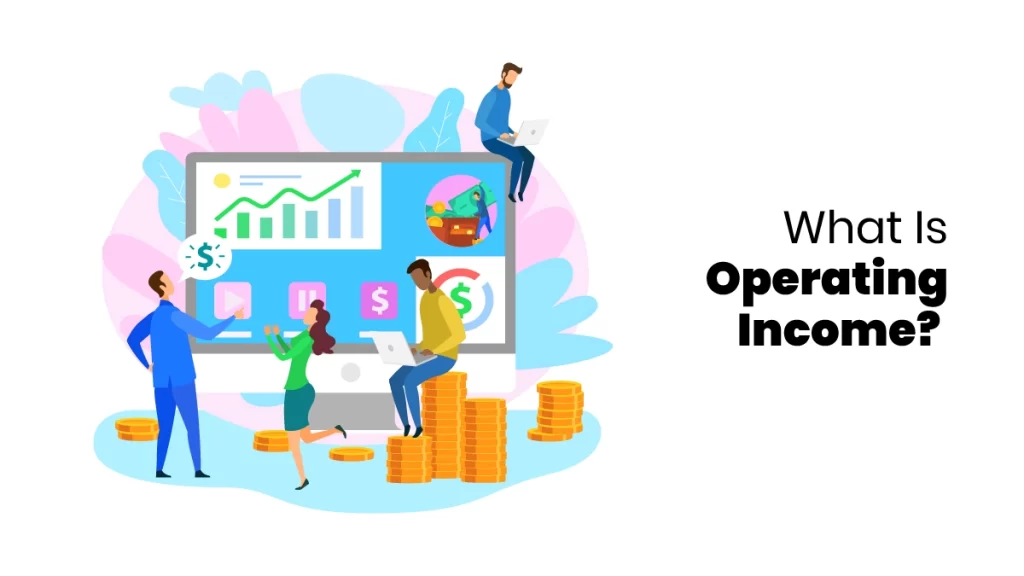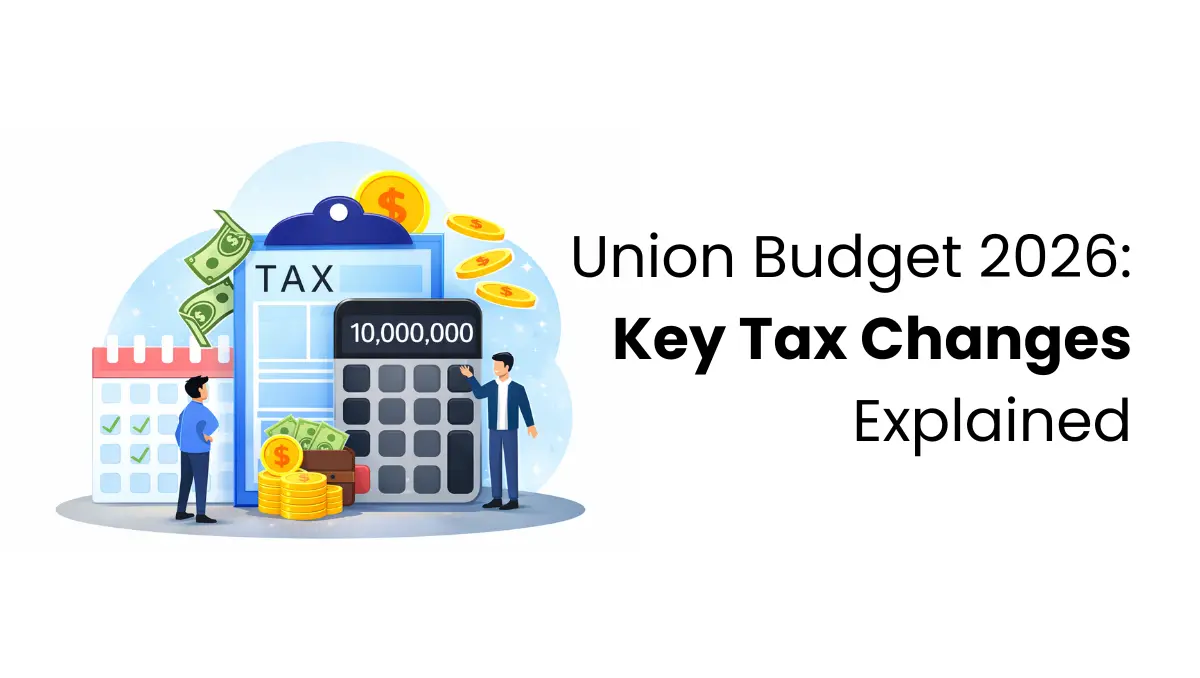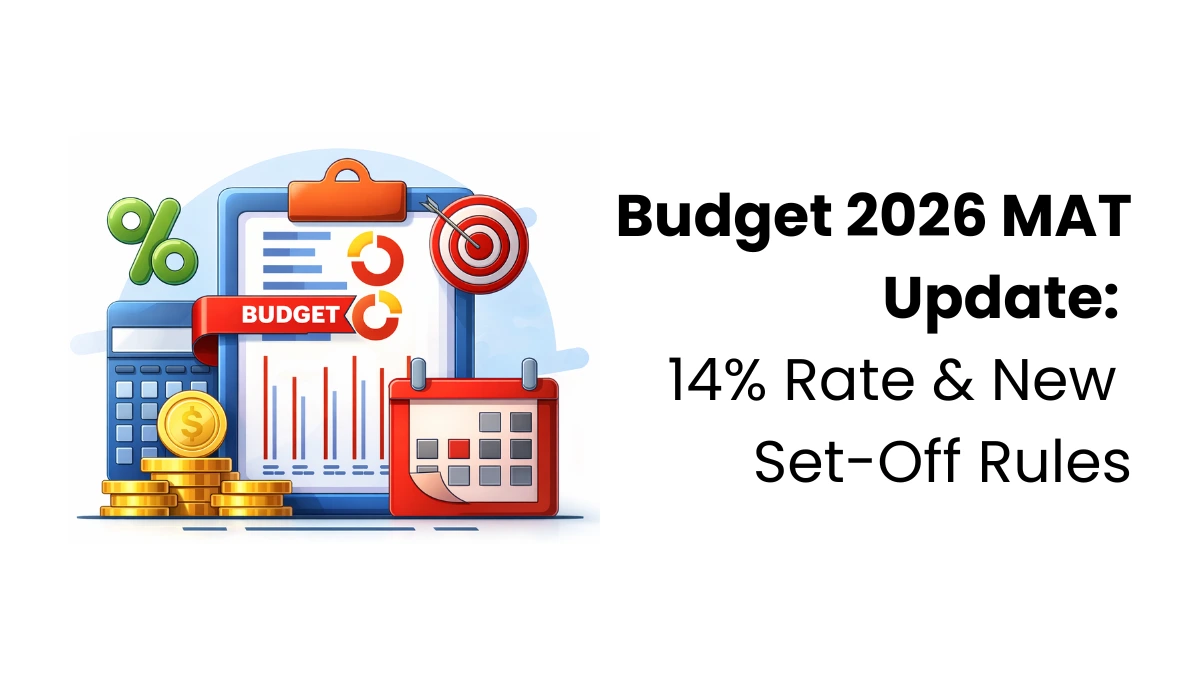Operating income is the total profit that comes from a company’s operations after taking out all general and necessary business costs. Operating income is one of the techniques used in determining profitability of a certain business and is widely used in accounting and investment banking industries. It is arrived at by dividing the company’s gross profit by all the expenses relating to the business.
Understanding operating income is important in accounting training because it helps analyze a company’s financial health. Operating income is calculated by subtracting all business expenses from the company’s gross profit.
Understanding Operating Income
Earnings before interest and taxes, referred to as EBIT, is the level of operating profit or income of any business. It is a part of the gross revenues that is left after all the expenses throughout the business activities are taken into account. This is advantageous to investors as it offers a pure vision of the firm’s daily income-generating capacity with no distortion from non-recurring or extraordinary expenses. Such operating costs consist of the costs of materials used, expenses on utility services, the cost of goods sold (COGS), depreciation on assets, and salaries for the employees.
Who Handles Operating Income?
Accountants are in charge of tracking and reporting income. They include this information in financial statements, such as the income statement showing costs, sales, and operating expenses.
Investment bankers and finance professionals use operating income to help make investment decisions or when comparing companies. Since it doesn’t include taxes, it helps them compare companies with different tax systems in different places.
A company’s finance team uses operating income to review spending and plan budgets. It’s an excellent way to check how profitable the company is compared to its sales and see how well it is controlling its operating costs.
What Is Considered an Operational Expense?
Operational expenses are the costs you need to keep your business running. Managing these expenses well is important to avoid overspending.
Common operational expenses are:
- Rent
- Payroll
- Equipment (buying and fixing)
- Inventory costs
- Marketing
- Research and development
- Step costs
Operating expenses, or OPEX, do not include selling, general, and administrative expenses (SG&A), depreciation, or amortization.
How to Calculate Operating Income
Calculating this income can be calculated in several different ways. Still, they all mean the same: Start with the company’s sales profit and subtract the business’s costs, excluding interest and taxes.

Operating Income Formulas
Option 1
Operating Income = Total Revenue – Direct Costs – Indirect Costs
Option 2
Operating Income = Gross Profit – Operating Expenses – Depreciation and Amortization
Option 3
Operating Income = Net Earnings (Profit) + Interest + Taxes
Choose the formula based on what information you have. Use the third formula to know net earnings but not gross profit. If you have details on costs, use the first formula.
Benefits of Calculating Operating Income
- It shows how much profit your main business activities are making without including interest and taxes.
- It helps you see how well you’re managing your operating costs.
- Reveals how effectively you’re turning sales into profit.
- It makes it simple to compare your business’s performance over time or with other businesses.
- Provides important information for investors to assess your business’s health.
- Assists in planning budgets by showing profit from regular business activities.
Why Operating Income is Important
This shows how much money a company makes from its main business activities before deducting interest and taxes. Here’s why it matters:
Business Performance
It tells us how well the company is doing in its core operations. The company is doing well in its main business if operated income is high.
Financial Health
A good operational income means the company manages its resources effectively and profits from its main activities.
Investment Choices
Investors consider operating income to decide if a company is a good investment. This helps them compare companies in the same industry.
Tracking Progress
Operating income over time can indicate whether a company’s performance is improving or decreasing.
Efficiency
Operational income doesn’t include interest or taxes, so it shows how efficiently the company is running its operations.
Company Value
It is a key part of evaluating a company’s financial situation. Analysts use it to help determine a company’s worth.
Operating income is normally presented in the lower part of the income statement, and it assists in explaining the general performance of the business after excluding the effects of non-operational factors. Understanding this concept is a key part of finance training, providing knowledge of a company’s core financial performance.










